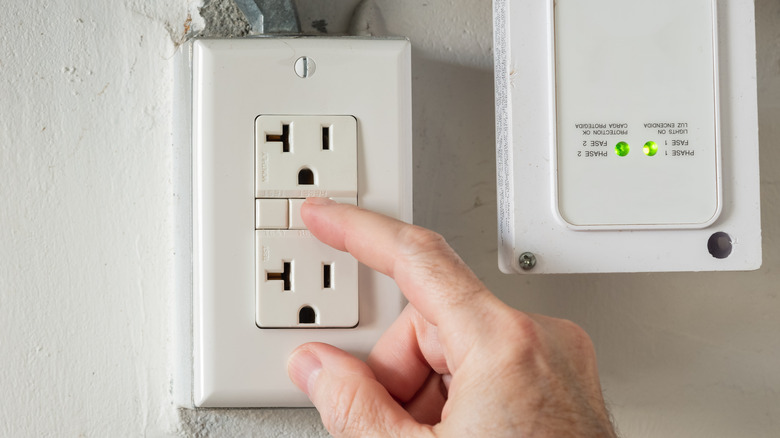Short Circuits: Causes And Prevention Steps Homeowners Should Know
Mishandling a short circuit situation can result in serious consequences, including being electrocuted or burned. Further, if you aren't quick to fix the issue, it can lead to significant damage to your home. But, what exactly is a short circuit?
Typically, your electricity should be able to flow properly throughout your home and back to the electrical service panel. But, when your electricity short circuits, it flows through the wrong pathways with little to no resistance, creating a situation where the current can overflow in excess. This can happen for various reasons, from rodents chewing through wires to water damage to outdated electrical devices.
Part of prevention is knowing the signs of when your home is experiencing a short circuit. For instance, if you smell something metallic in the air or what seems like burned plastic or rubber, this may be a sign of some sort of electrical issue. A more obvious sign, however, is if one of your light switches is burned.
This said, there are ways to prevent a short circuit before it gets to the point of smelling or seeing the issue.
What to install to prevent short circuits
To prevent short circuits in the home, you can turn to a few electrical devices, including circuit breakers and ground-fault circuit interrupters. These instruments are designed to detect electrical issues before they become serious.
A circuit breaker, for example, is able to quickly identify if the electrical current flow has experienced any change. If this happens, the circuit breaker will cut off the circuit connection; thereby preventing the short circuit from occurring.
A ground-fault circuit interrupter (GFCI), meanwhile, also identifies shifts in electrical flow and will cut off power immediately if it detects even the slightest change (0.006 amperes, per the U.S. Product Safety Commission). This device can not only prevent short circuits in the home but also protect a person from accidental electrocution.
Lastly, you could also install an arc-fault circuit interrupter, which can stop energetic electrical currents from causing fires. This device will also turn the power off if it detects the possibility of a short circuit.
Additional short-circuit solutions
Previously, we had mentioned that short circuits can occur when rodents chew through wiring. If this has happened to you, you should take measures to hide your wires. To do so, you can place your wires in steel or plastic tubing that the rodents won't be able to chew through. Or, if you'd like to take more extreme measures, you could also hide your home's wires away in concrete. Other simpler prevention tactics are to clean up your home to dissuade rodents from visiting and seal any holes they may be wandering through.
A sudden boost of energy could also cause a short circuit to occur, which can potentially happen during a powerful storm. This is because lighting strikes are known to cause electrical issues, so whenever there's a thunderstorm, it's advised to limit how much electricity you're using. This can help to alleviate any damages caused if lighting were to come down near your home and impact the electrical current.


